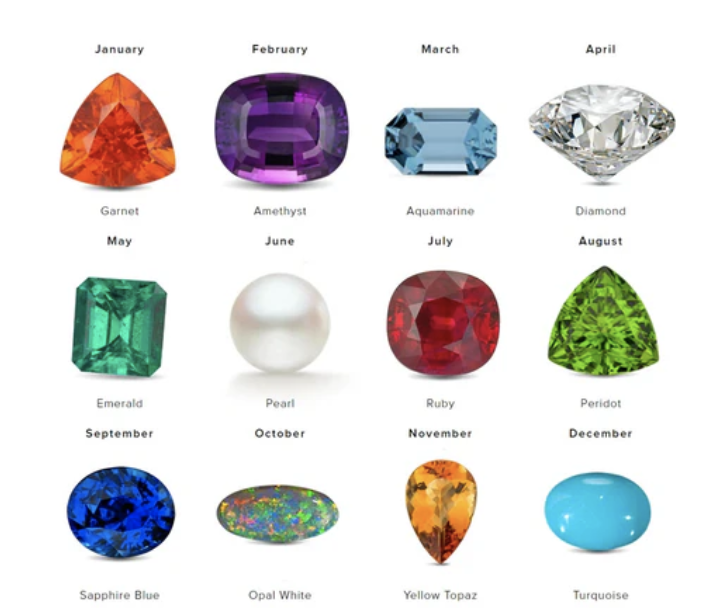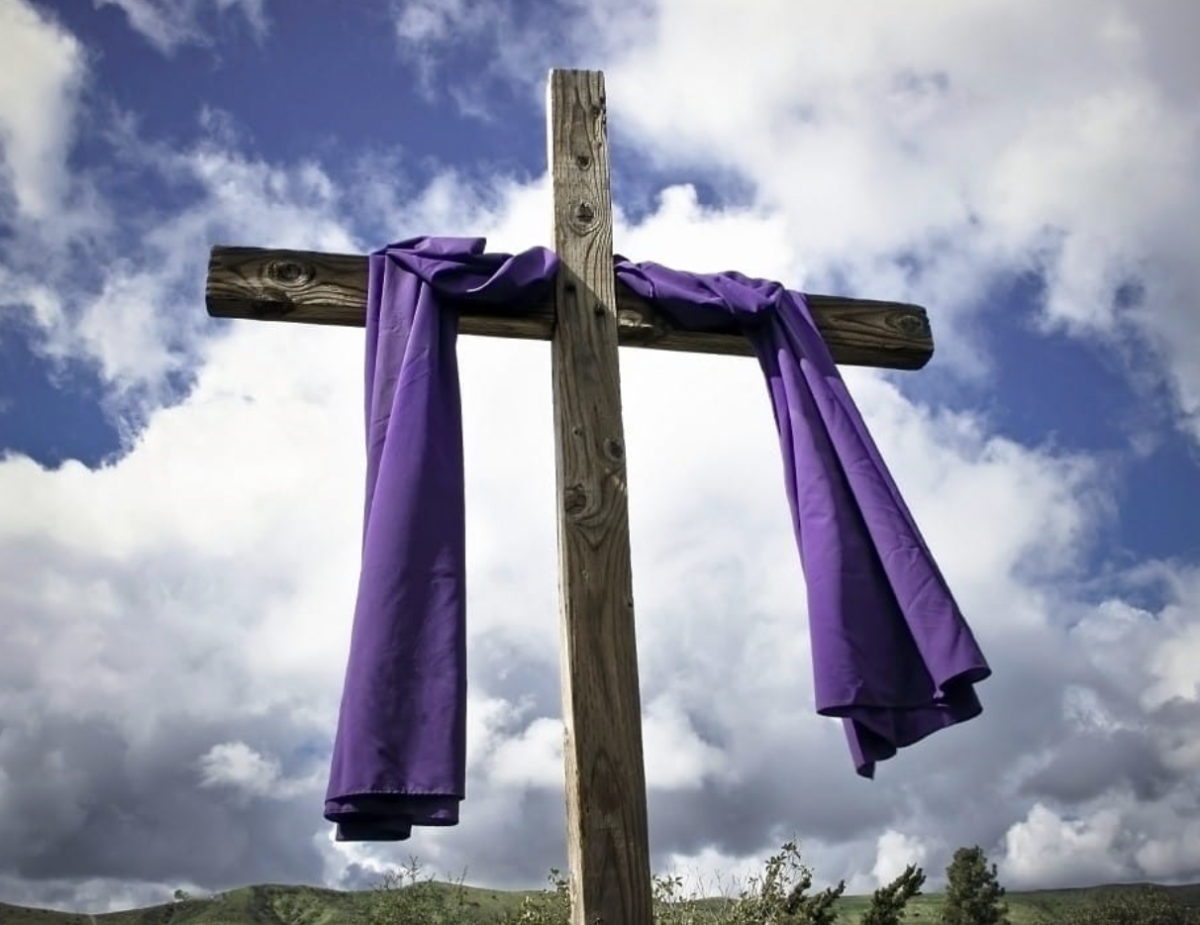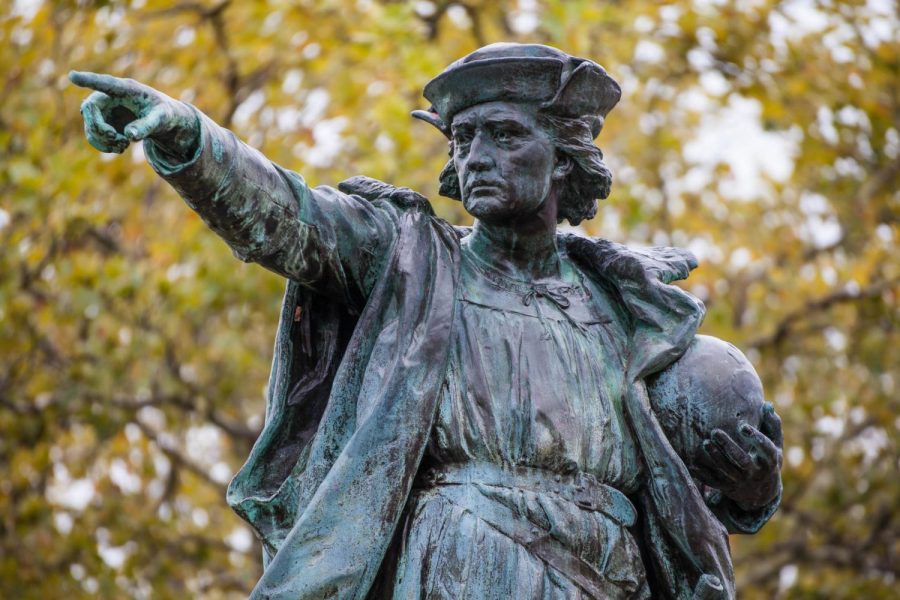The Controversy Surrounding Columbus Day
Due to the controversial view of Columbus Day, efforts have been placed into removing Christopher Columbus’ statues.
October 18, 2017
Columbus Day has been a long-celebrated day in the United States. Established to bring acknowledgment of Christopher Columbus, an Italian explorer recognized for his discovery of the New World in 1492. In recent days, however, people have found this day to be disrespectful because of the controversial topics surrounding Columbus.
Christopher Columbus is a well-known figure, known commonly from social studies books or a basic historical understanding. He is credited for his discovery of the New World five-hundred years ago, while on the search for a western water-route connecting from Spain to Asia. Instead, Columbus landed on the coast of the Bahamas and became the first European to explore the Americas.
His venture through the Americas was based on the ambitions of the Spanish empire, Ferdinand and Isabella, to discover gold and spices, in addition to creating an influential name for Spain. After his journey, however, Columbus returned not only with heaps of gold and spices, but also with hundreds of slaves.
In the New World, Columbus enslaved and slaughtered thousands of indigenous peoples. In Hispaniola, Columbus immediately took advantage of the tribal group Taino’s welcomes and rather than treating the hospitable group with kindness, he saw them as potentially “good servants” (Biography.com). In addition to the explorers’ severe mistreatment, their European bodies and cargo brought in foreign diseases that natives had never been exposed to; due to the natives’ lack of exposure, the European diseases completely decimated thousands of natives. While Columbus’ primary motivation was to strike rich in gold, he discovered cotton during his journey. After this new discovery, Columbus took enslaved natives to work as slaves overseas on cotton plantations. Claiming the natives into slavery and treating them with brutal force, the Europeans essentially began the transatlantic slave trade and were at fault for the death of millions of natives.
In 1937, Columbus Day officially became a federal holiday proclaimed by President Franklin D. Roosevelt in observance of the 100th anniversary of Columbus’ voyage. Today, however, many people see this day as a disgrace to the lives of the natives and are completely appalled to continue celebrating the life of Christopher Columbus. In fact, many cities have began observing Indigenous People’s Day instead of Columbus Day. Los Angeles, among Seattle, Minneapolis, and Berkeley, have decided to officially nominate Indigenous People’s Day as their respective city’s acknowledged holiday.
Still, the tangible footprints of Christopher Columbus in forms of statues and murals continue to irritate people. In September, New Yorkers defamed a Columbus statue placed in the Central Park Conservancy with spray paint and graffiti. Shockingly, this was not the first time vandalism has occurred on his statues. Two weeks prior, some dissenters kicked off and ultimately destroyed a different statue. Just three days ago, another Columbus statue was defamed in Mishawaka.
For hundreds of years, the American people have celebrated Columbus Day as a day of historical significance and celebrations. Yet, today, people are discovering the more controversial sides that come with explorer Christopher Columbus and are choosing to distinguish themselves apart from Columbus and his day of celebration.







































